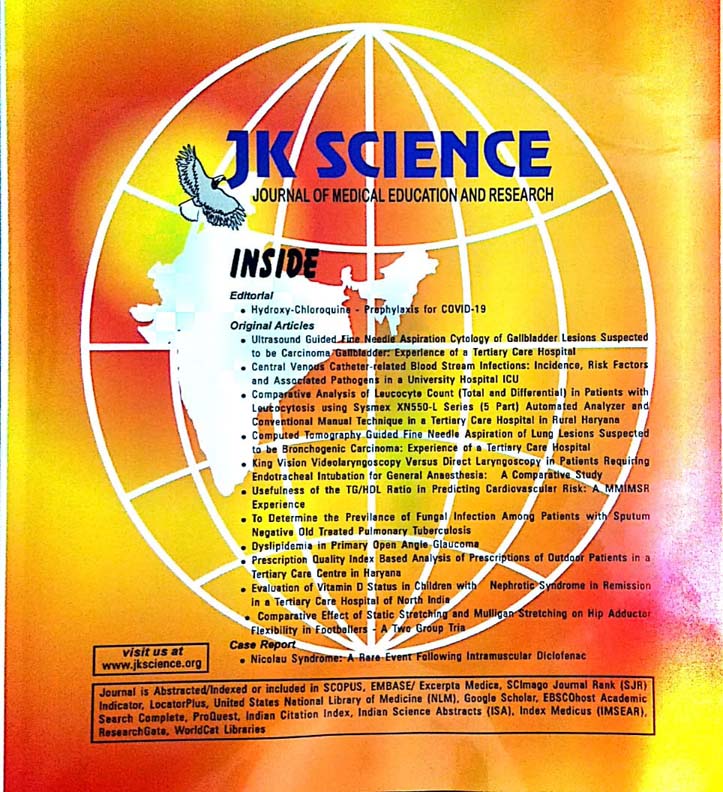SGLT2 Inhibitors and Fracture Risk in Elderly Population
Keywords:
Sodium-glucose co-transporter 2 inhibitors, Type 2 diabetes mellitus, FractureAbstract
Sodium-glucose co-transporter 2 inhibitors (SGLT2i) are the latest class of anti-diabetic medication that inhibit the absorption of glucose from the proximal tubule of the kidney and hence cause therapeutic glycosuria. SGLT2i reduce glycated hemoglobin and have shown favourable effects on body weight, blood pressure, lipid profile, arterial stiffness and endothelial function. The main adverse events include urinary tract and genital infections, as well as euglycemic diabetic ketoacidosis. Concerns have also been raised about their rare association with lower limb amputations, Fournier gangrene, risk of bone fractures, female breast cancer, male bladder cancer, orthostatic hypotension, and acute kidney injury. Since, Type 2 diabetes mellitus (T2DM) is associated with an increased fracture risk, it is debated presently that whether sodium-glucose cotransporter 2 (SGLT2) inhibitors influence fracture risk in T2DM particularly in the elderly patients or not.
Downloads
Downloads
Published
How to Cite
Issue
Section
License
Copyright (c) 2023 JK Science: Journal of Medical Education & Research

This work is licensed under a Creative Commons Attribution-NonCommercial-ShareAlike 4.0 International License.





